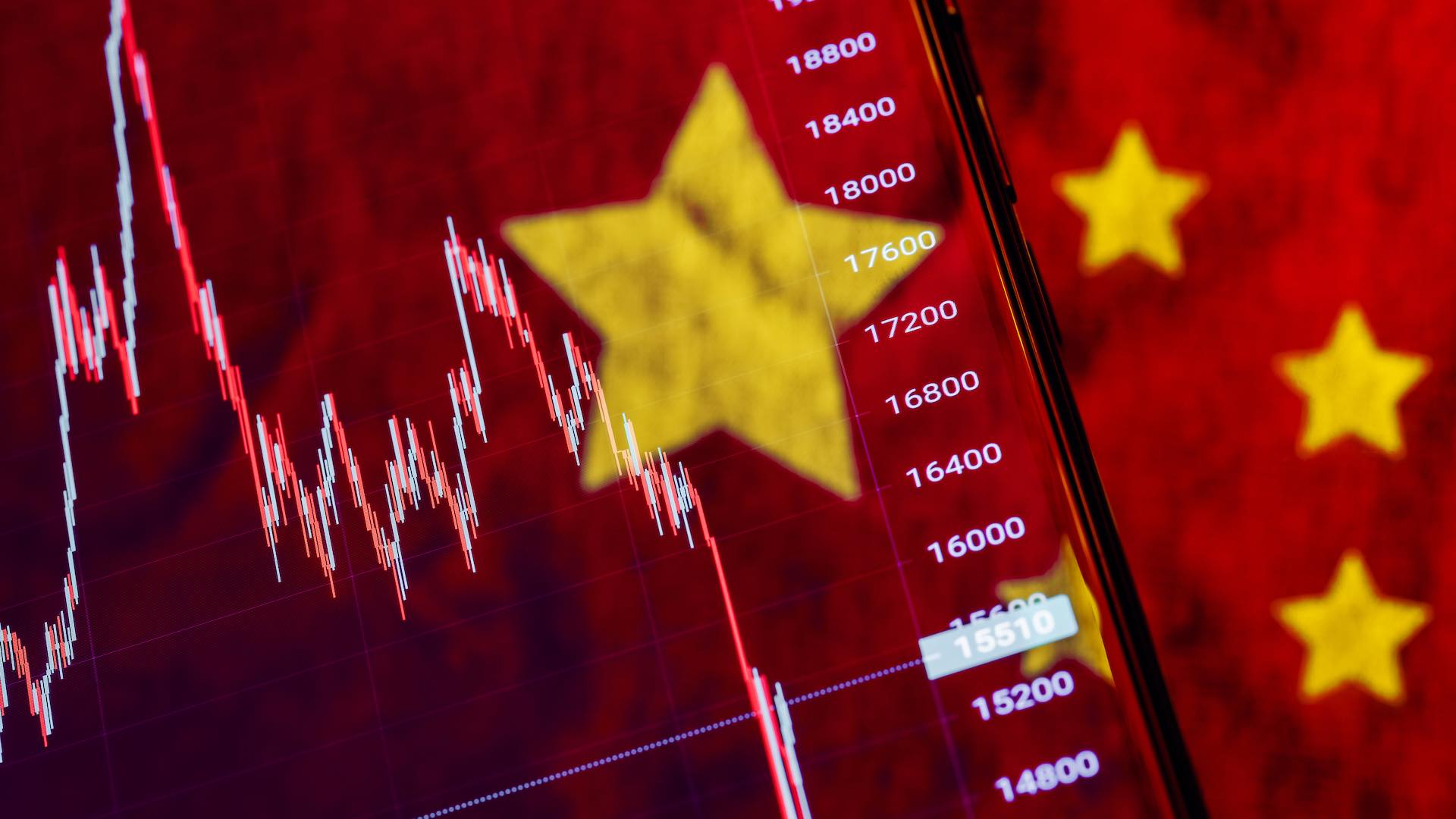Despite meeting its 2023 growth target with a 5.2% increase in real GDP, China has encountered a notable economic setback. For the first time in nearly three decades, its nominal GDP in dollar terms declined, coupled with a reduction in its global economic share for the second consecutive year. This downturn reflects a broader trend of diminishing momentum within the Chinese economy, raising concerns about its future trajectory and impact on the global market.
At the World Economic Forum in Davos, Swiss, Chinese Premier Li Qiang asserted the nation’s ongoing economic progress and its continued role as a significant contributor to the world economy. However, the on-the-ground reality paints a less optimistic picture. China’s post-pandemic recovery appears tepid, with indicators such as the manufacturers’ purchasing managers’ index languishing below the critical 50-point threshold for most of the year.
The real estate sector, traditionally a cornerstone of the Chinese economy, is facing a severe downturn. Data from December revealed a uniform decline in existing home prices across major cities, underscoring a broader trend of faltering real estate investment and an accumulation of unsold properties. This slump has had a ripple effect on consumer spending and private sector earnings, further exacerbating the economic slowdown.
In a departure from global trends, China is grappling with deflationary pressures. Its nominal GDP growth lagging behind real GDP growth is a telling sign of this deflation, with some analysts drawing parallels to Japan’s prolonged economic stagnation post its asset bubble burst. This scenario, often referred to as “Japanification,” poses a significant risk to China’s economic stability.
On the international stage, China’s influence seems to be waning. Its share in global GDP, as per United Nations data, fell to 16.9% in 2023, a notable drop from its peak. This decline, larger than any seen since the Cultural Revolution, signals a potential plateau in China’s global economic presence. Contributing factors include a slowing domestic economy and the yuan’s depreciation against the dollar, influenced by U.S. interest rate hikes.
China’s meteoric rise since joining the World Trade Organization in 2001 has been a defining feature of the global economy. However, current trends suggest a pivot point, with diminishing labor availability due to an aging population and record-low birth rates posing significant challenges. This demographic shift necessitates a reevaluation of growth strategies, potentially involving more radical measures than the current focus on infrastructure investment.
Emerging markets, such as India and Brazil, are increasingly contributing to global growth, prompting a strategic shift for companies traditionally reliant on the Chinese market. As China’s economic landscape evolves, its role in the global economy is poised for a transformative period, with far-reaching implications for international trade and economic policies.



